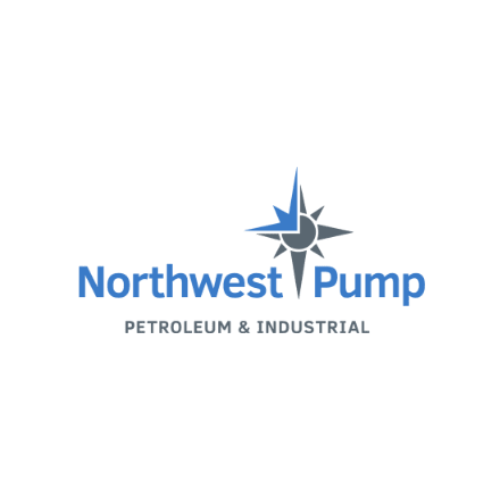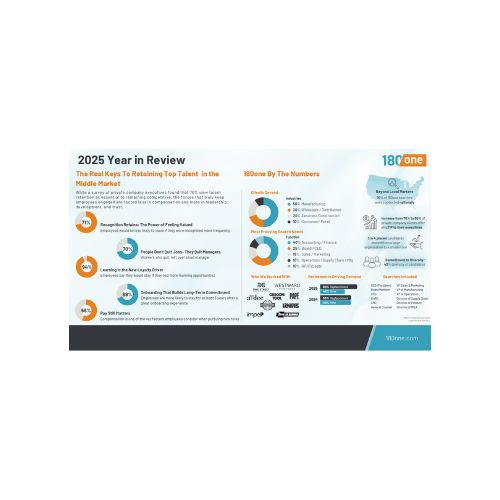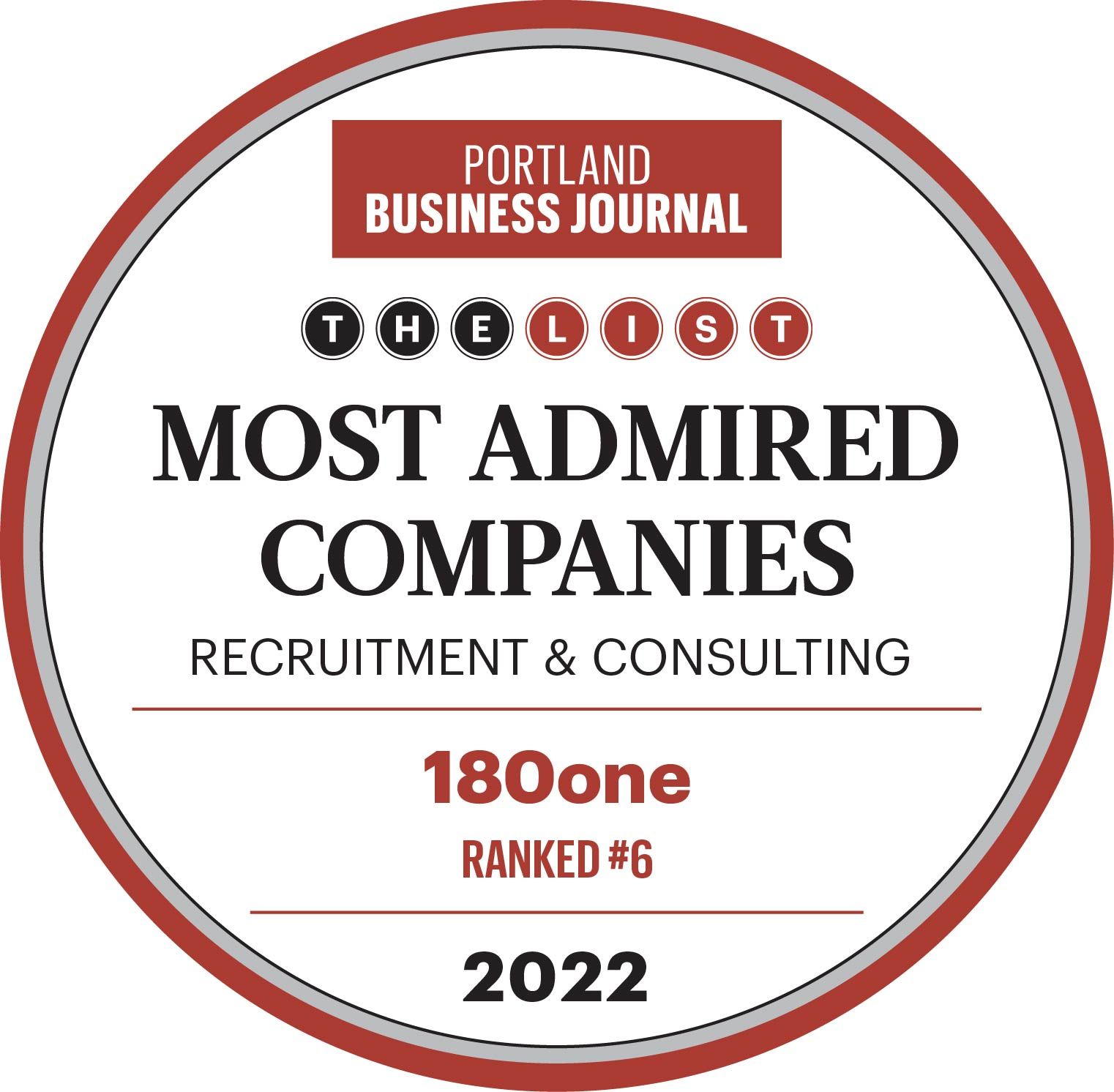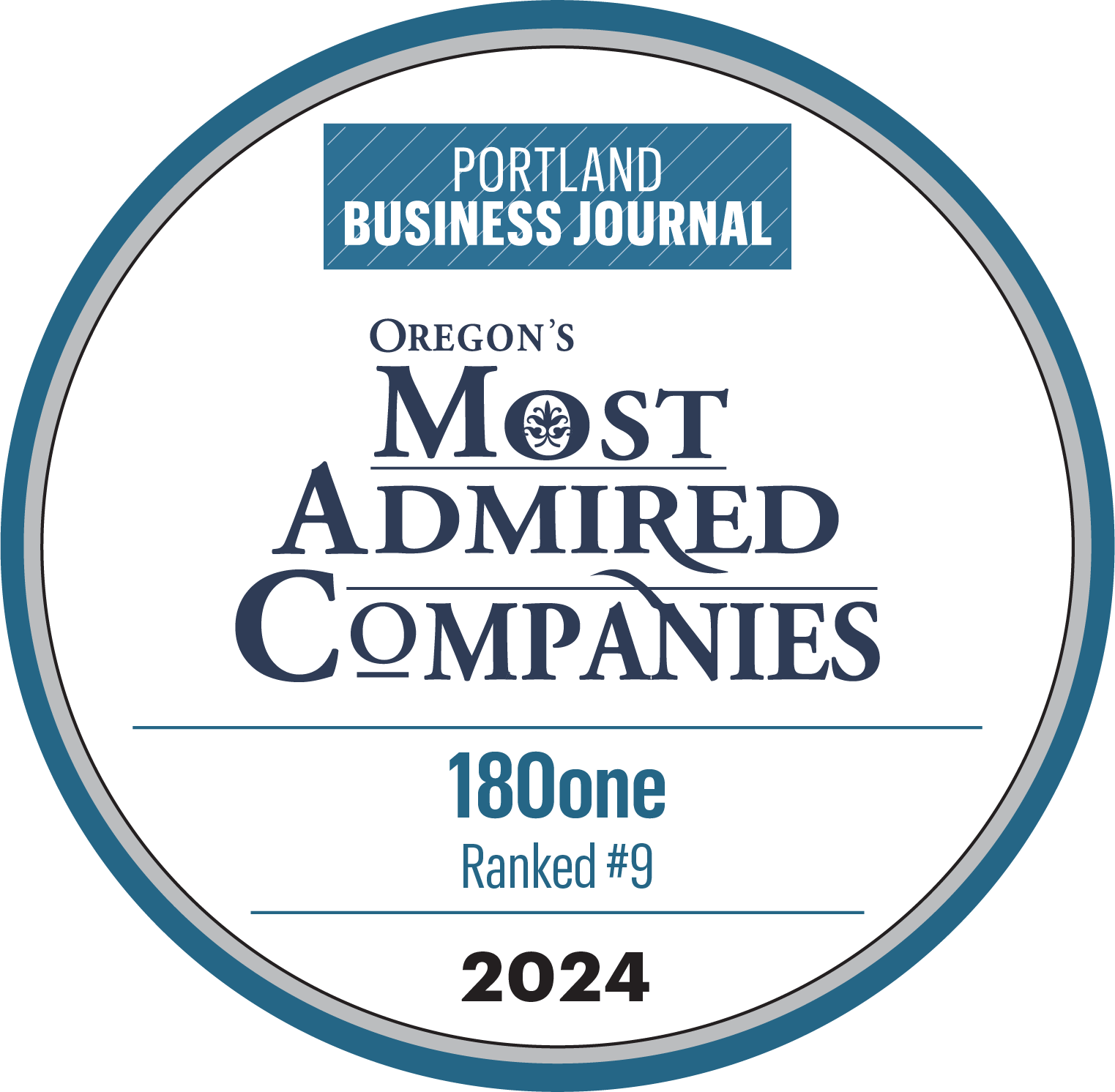How to Successfully Recruit & Interview During COVID-19

Part I
In the last few months, we all had to hit the brakes on life and business as we know it to fully grasp the impact of the COVID-19 pandemic. Our standard business processes needed to transform to support effective decision making, because what may have worked in February is likely no longer adequate, or even possible. We have had a handful of clients put critical positions on hold for a variety of reasons, but the one reason that we have heard most is based on a lack of confidence or knowledge of running a successful recruiting/interview process during these times. Thankfully, this is where business process transformation comes into play, and adopting some new practices and making some tweaks has provided successful results in executive hiring.
Based on our experience in partnering with our clients, we can share with you what we have found to be the most successful approaches, keeping in mind that things are changing day by day. Like many businesses out there, 180one has always operated fully from our onsite offices, making the transition to working full-time from our homes quite a big adjustment at first. But, as it turns out, being physically present at work and successfully recruiting, hiring and onboarding new employees do not have to be mutually exclusive. In certain cases, we are even seeing better interview outcomes with these new methods being implemented, but more on that later.
The Mediums: Phone, Video, In-Person
Conducting virtual interviews is by no means a new phenomenon, but before COVID, the decision to use a certain medium was much more elective. We are now forced to leverage the virtual and in-person mediums in different phases of the interview process than we were previously accustomed to, and often for different reasons. Based on this, it is important to understand that we can’t simply swap out one medium for another without modifying the format and structure of the interview based on the medium being utilized at each step. For example, a panel/group interview can normally include a larger number of people when conducted in person, but when using video, we have found that there should be no more than two interviewers on the call, to reduce potential chaos and enhance relationship building. Additionally, with more people switching to virtual interviews, it is important to keep in mind the basic Dos and Don’ts of Video Interviewing to maintain professionalism and get the most out of every interview.
The Format: Structured interviews Are More Important Today Than Ever Before
At the end of the day, a candidate needs to be evaluated on their skills and their ability to perform the job. In addition, candidates still need to be recruited. Gone are the days where the interviewer says, “I knew they were our hire in the first five minutes.” That mentality tends to have an underlying bias, the likes of which, as recruiters, we are constantly trying to avoid. Structured interviews allow for a more open and impartial process with very thoughtful questions that directly tie back to the position’s success factors and are asked of every candidate going through the process.
Creating interview guides and candidate scorecards for each interviewer to evaluate and report their feedback during and after each interview has become even more important than before. It is helpful to reinforce what success factors need to be evaluated and provide an organized and consistent way to assess each of the candidates. We are finding that receiving feedback from clients who are adopting structured interviews and scorecards has been much more objective, concise, and accurate, which will ultimately lead to better hiring.
Now, let us explore how to incorporate the above information into each round of the interview process:
First Round Interview
While your previous first round interview process likely began with a phone screen, we recommend skipping that step altogether and transitioning right into a video call. With little to no opportunity for face-to-face interactions with candidates, it is of utmost importance to build personal relationships early on. Just as we mentioned regarding panel interviews, we suggest having no more than two interviewers at a time during this first round, allowing for the interview to be as personal and efficient as possible.
Second Round, etc.
Since there has probably been a “cut” made in the candidates from the first round to second round, it is easier to invite other members of your organization/team to get involved in the candidate evaluation process as well as possibly go to an in person interview at this time (or at another stage when appropriate). This is a great chance to dive deeper with some additional questions. Since most of the interviewers are probably working remotely, schedule a discussion with them or provide them an interview guide prior to the interview that outlines the role and success factors. In addition, create and distribute a scorecard to each interviewer with the categories that candidates need to be evaluated on, keeping everyone organized and on the same page.
In Person vs. Video
This topic is constantly up for debate based on several factors. How has your organization’s business been impacted by COVID? Is your business deemed essential by your state? How much of your team is working remotely vs. at the office? What is the comfort level of both the interview team and, more importantly, the candidate, with meeting in person? So far, we have had clients conduct every round of interviews by way of video, and we have also had clients use a mix of in-person and video.
For those who have performed at least one round of interviews in person, we have recommended that the client maintains consistency amongst all the candidates for that round. As a firm, we are in a fortunate position where we can ask the candidates what their comfort level of conducting an in person interview at that specific phase/time and if all candidates are comfortable, then we can move forward with an in person. However, if one candidate is not comfortable, we recommend that the client conducts a video interview for that round with all candidates. Consistency is key, and we need to take advantage having that control.
Making an executive level hire without the candidate ever seeing the offices or meeting their team face-to-face would be very unusual, and that is not something we believe should be normalized. Based on this, we have seen, and recommend, organizations reduce the candidate pool to finalists after a series of video interviews, and then invite the candidate(s) to the office for an in-person meeting. Clients are having candidates answer a quick health survey the day of the interview, setting up their conference/interview rooms with only the specified number of appropriately spaced chairs for the interviewers and the interviewee, eliminating handshakes, and possibly wearing a mask. It’s a good look for organizations to be taking the pandemic seriously while also taking the hiring process seriously, and it’s possible to prioritize both. We have found that communicating the logistics and the protocols to the candidate the day before the interview has eased some of the potential awkwardness or unease that could occur as most candidates have never interviewed in this type of environment.
Offer Stage
Depending on the relationship that has been formed with the candidate and the timing of the interview process, clients are still electing to extend offers in person when possible. However, the setting and environment has changed. From what we have seen thus far, the most popular venue to extend an offer to a candidate has been somewhere outdoors, like a park. The feedback has been extremely positive by both candidate and client as it provides them a safe opportunity to keep building a relationship with one another and ultimately reaffirms their decision to join the new organization. It is important to understand that while unemployment rates are increasing, unemployment at executive levels is still relatively low and organizations cannot forget that they need to recruit at every stage of the process.
Keeping Things Moving
While our daily lives are being impacted in just about everything we do at home and at work, sitting back and waiting for things to return to “normal” is not an option. How we adjust our business practices and processes will determine the rate at which, and the confidence with which, we can continue moving forward. We are not needing to reinvent the wheel when it comes to conducting interviews and working with candidates—we simply need to bring to the forefront all the tools and techniques that we typically keep on the back burner. There is a lot of ever changing uncertainty floating around regarding this global pandemic, but there is still stability to be found in the world of recruiting, hiring, and onboarding, and we hope to help ease you into this new “normal”.
Stay tuned for Part 2, where we will dive into the specifics of COVID-19 onboarding best practices.






